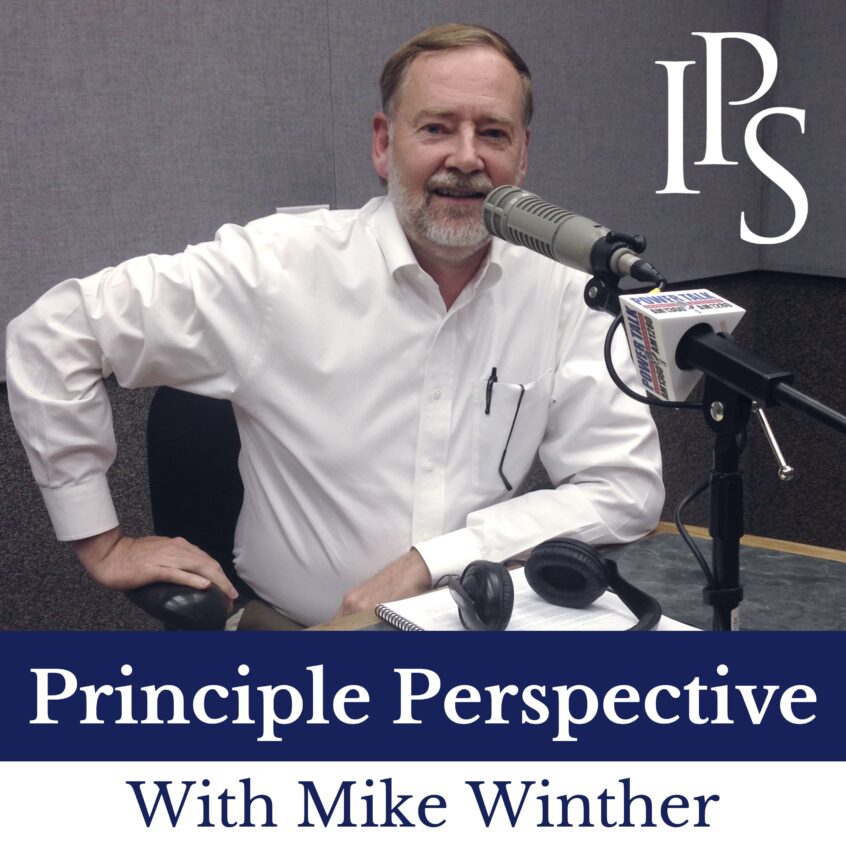LISTEN NOW
Mike Winther continues his lecture series on the government and economics. He stresses that the best way to understand something is to teach it. By listening to these lectures, reading, and discussing the topics with those around us, we have the ability to influence and change hearts and minds.
This lecture dives into the two economic systems of the free market and socialism. According to Mike, these are the only two economic systems and all other systems are subsets of either of these two systems. By understanding how these systems work and what they represent, we can understand the causes and solutions to poverty.
You’ll Learn:
- [01:26] The three stages of learning include the grammar stage, the logic stage, and the rhetoric stage. You can’t fully know something well until you can communicate that thing to someone else.
- [04:35] Your conversations make a difference. This is a battle of persuading hearts and minds.
- [05:32] Economic systems. The free market or the ability of people to buy, sell, or exchange unrestricted by the government so long as it’s voluntary exchange.
- [07:09] Socialism is where there’s either government control of capital or forced redistribution of wealth.
- [11:43] Don’t confuse economic systems with government systems.
- [13:18] Socialism is all about taking away property rights.
- [16:01] The free market respects property rights whereas socialism says there’s no such thing as property rights. The whole issue of charity is one of property.
- [17:36] Two reasons why socialism creates more poverty. Mike demonstrates this with his island example.
- [24:04] Mike shares why socialism doesn’t work. Once people catch on that everybody gets the same thing, production goes down.
- [24:41] Redistribution of wealth causes poverty because of motivational loss and distribution loss.
- [26:23] Supply and demand and how it affects prices.
- [27:34] Not everybody produces the same amount.
- [29:20] Redistribution of wealth is not only unfair, it leads to a huge unproductive bureaucracy.
- [30:37] Producing households. Redistributing households. Receiving households. Have repercussions in a socialist designed system. They create a distributional loss.
- [32:40] High taxes encourage less productivity. If you want less of something, you get less of it.
- [35:26] A 25% reduction in the workforce is a 25% increase in prices. We could cut prices by eliminating the distribution workforce.
- [36:26] Mike shares how we could actually cut the real poverty rate.
- [37:50] The practical reason why socialism fails is because it actually makes more poor people. Principally, it also violates God’s laws.

